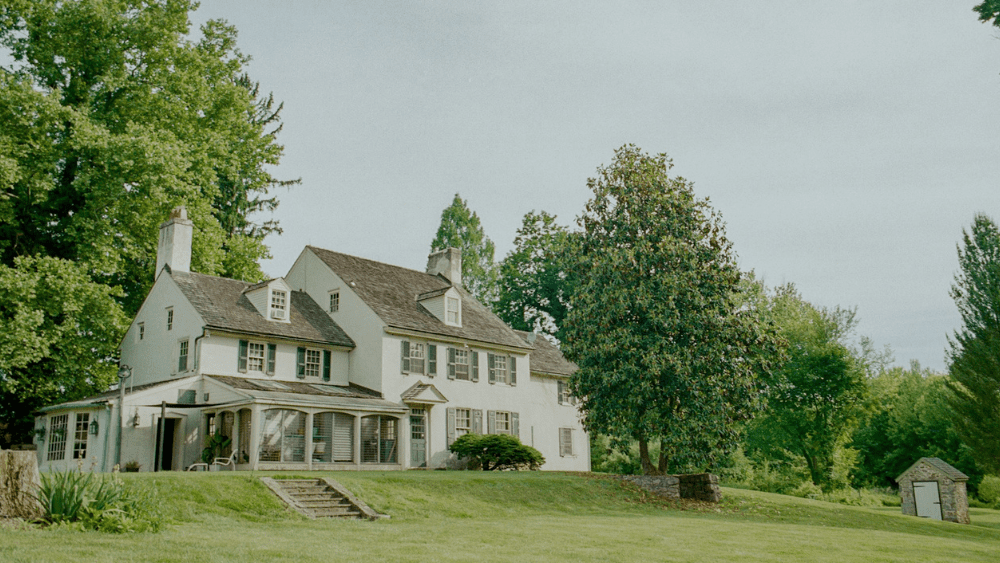
A hard money loan can be a strong solution when financing real estate investments in Pennsylvania. These loans offer quick access to funds, making them a good option for those looking to capitalize on time-sensitive opportunities. Whether you’re flipping homes in Pittsburgh or investing in rental properties in Philadelphia, knowing how hard money loans work is important. Hard money loans differ from traditional financing methods in that they focus more on the property’s value than the borrower’s creditworthiness. This guide will explore what hard money lenders are, how these loans operate in Pennsylvania, their costs, and the situations where they can be most beneficial. A hard money lender provides short-term loans secured by real estate. These lenders typically work with house flippers, real estate investors, and individuals who can’t secure traditional financing. Unlike conventional lenders, hard money lenders focus on the after-repair value (ARV) of a property, which is the estimated value of the property after renovations. This allows borrowers to obtain loans based on the future potential of their investment rather than its current state. Interest rates for hard money loans are higher than traditional loans, reflecting the increased risk and short-term nature. If a borrower fails to repay, the lender can seize the property. Hard money loans are often used for quick projects, like flipping homes or buying rental properties. Additional costs can include origination fees, closing costs, and points, which are a percentage of the loan amount paid upfront. As with any secured loan, failure to repay a hard money loan can result in the lender seizing the asset, such as a house, to recover their investment. Hard money loans in Pennsylvania offer a flexible and expedited financing option for real estate investors. Here’s how they work:What is a hard money lender?
How does a hard money loan work?



